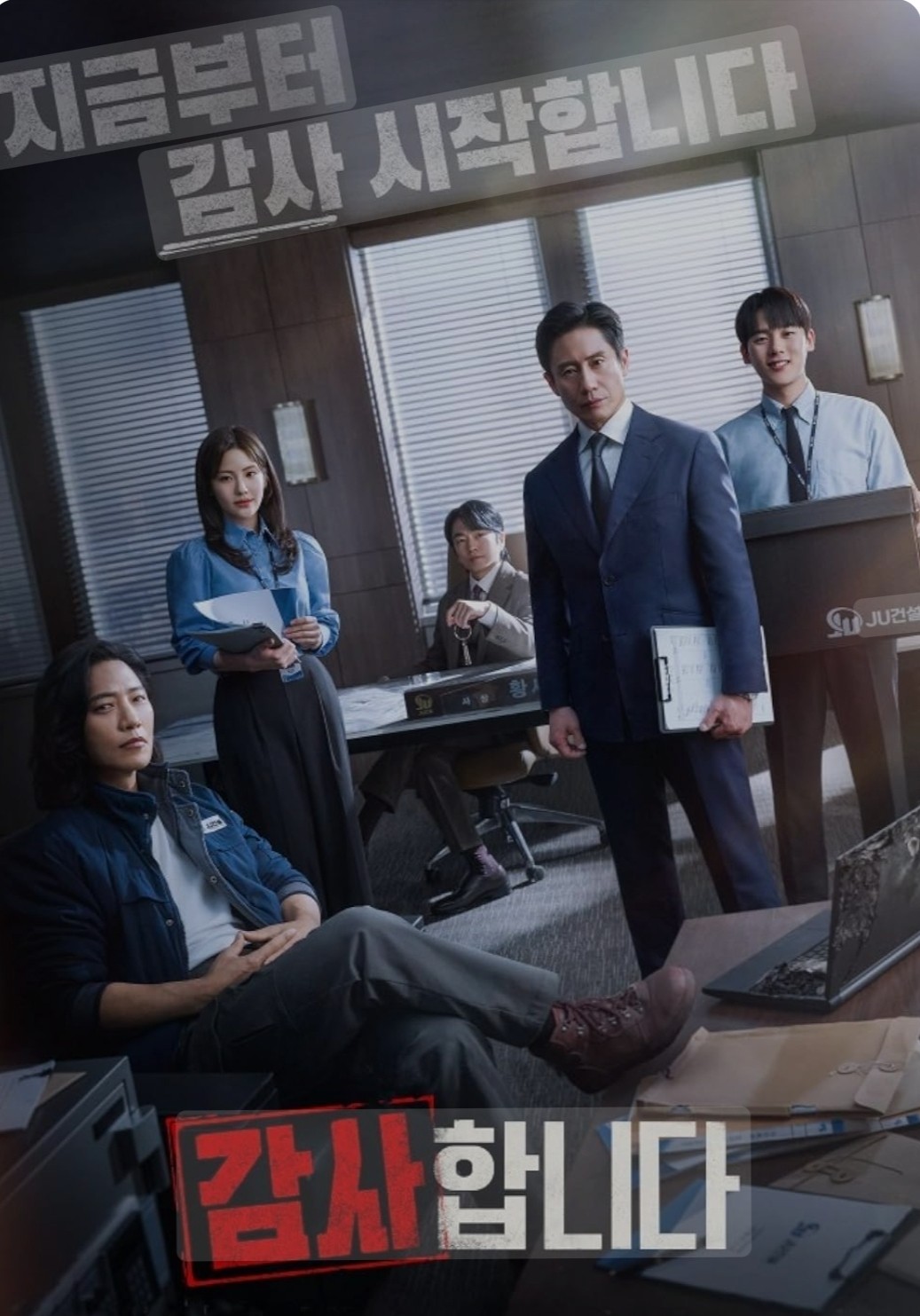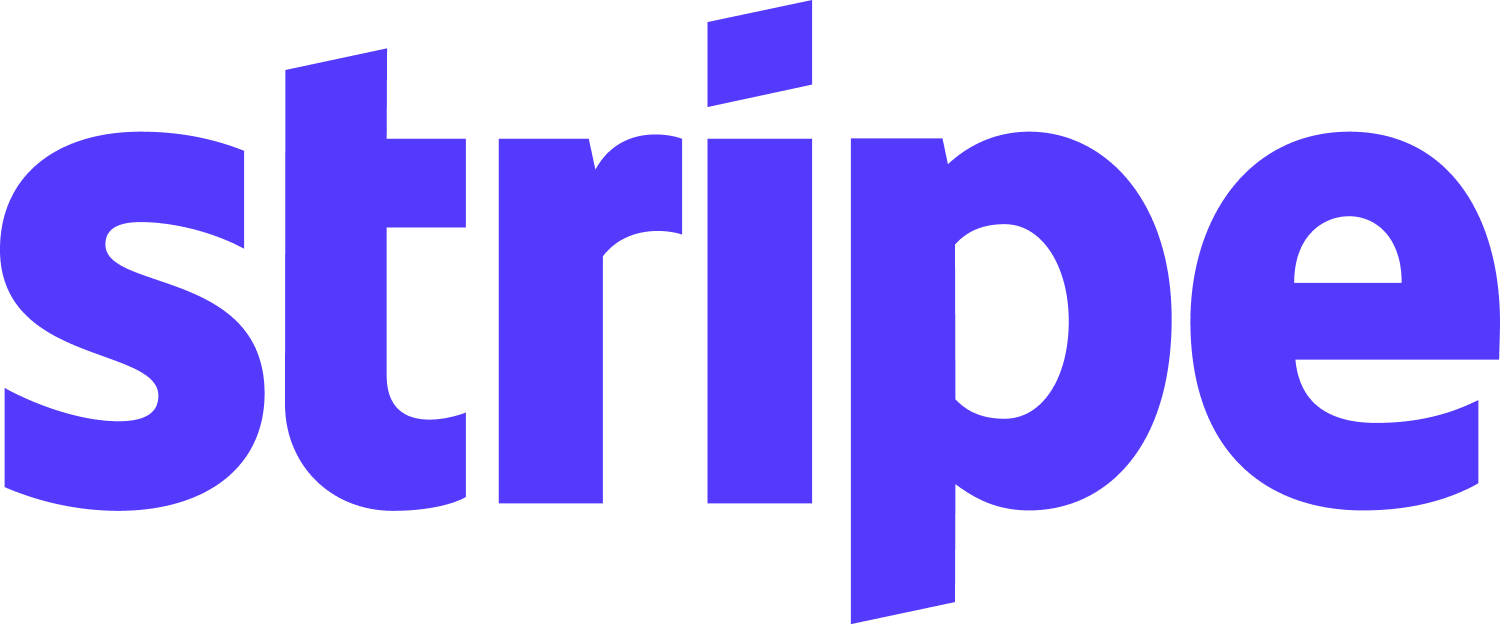Lights, Camera, Audit!

Photo: IMDb.com
Not many know, but I am a Korean drama fan at heart. I have always enjoyed the quality acting and how the plots take us on an emotional rollercoaster (though, admittedly, some plotlines can be a bit cliché - think: lovers turned long-lost siblings or a female protagonist suffering from an incurable illness).
Korean dramas are known for their charismatic characters. Doctors, law enforcers, military personnel, and even politicians often take centre stage. These roles are portrayed in a glamorous light, leaving a generally positive impression on viewers. However, accountants and auditors rarely get the spotlight. That is why I was pleasantly surprised when I came across a new drama, “The Auditors”, featuring a team of auditors investigating financial corruption and uncovering hidden wrongdoings at a construction conglomerate. The trailer looked promising, with scenes of car chases and intense confrontations between the good guys and the bad guys (no, the auditors weren’t the villains).
I watched the drama and found it to be an engaging piece that puts the internal audit profession in the limelight, showcasing how auditors protect an organisation’s integrity. While it was entertaining, the show took some creative liberties that differ from real-world internal audit practices.
Here is my take on the realism of the show (spoilers ahead!).
Investigating vs. Auditing
The drama’s title is a bit of a misnomer, as the audit team spends most of their time investigating rather than conducting routine audits. In most episodes, the team jumps into full investigation mode after receiving a tip or when the Audit Team Lead suspects something is amiss.
"We need to audit [insert top executive’s name]," says the Audit Team Lead. With that, the team drops almost everything to begin the investigation.
In reality, there is a clear distinction between auditing and investigating, each requiring different skill sets. Fraud examinations demand specialised skills such as forensics, interviewing, and legal knowledge. While internal auditors can assist investigations with their expertise in internal controls and understanding of accounting concepts and business processes, fraud investigations are typically handled by specialists, not auditors alone.
As stated in a 2019 IIA Position Paper, internal auditors should not investigate fraud unless they have the specific expertise to manage the investigation without compromising the integrity of the evidence. Instead, internal audit’s role is to support the organisation’s anti-fraud efforts by providing assurance over internal controls designed to detect and prevent fraud.
Chasing Cars vs. Chasing Details
In the drama, auditors are portrayed as heroes who save the day with their sharp instincts and quick reflexes. In one episode, the audit team tracks down embezzled money stolen from union members. The investigation involves covert surveillance, unauthorised entries, and intense fight scenes with the suspects. Throughout the show, auditors uncover large-scale corruption by piecing together suspicious financial transactions, often working with urgency and speed.
In real life, the audit process is far more structured and less dramatic. Internal auditors typically follow an audit plan, conduct organised fieldwork, and provide recommendations to improve controls and processes. The audit engagement involves thorough risk assessments, stakeholder interviews, data analysis, and testing of internal controls. Internal auditors adhere to established audit methodologies and framework like The IIA International Professional Practices Framework; and while no two days are the same, dangerous situations are rarely part of the job.
Confrontation vs. Collaboration
In the show, the auditors often face tense confrontations with executives when revealing audit results. In one episode, an investigation into an executive is announced in a large auditorium, where a key witness retracts his earlier testimony, dramatically changing the course of the investigation. This retraction is followed by the auditors’ discovery of a taped recording that seals the suspect’s guilt. The scene plays out like a courtroom showdown, rather than an audit meeting.
In reality, internal auditors present their results based on objective facts gathered during the audit. Their approach is collaborative, seeking input from various stakeholders to ensure a balanced and fair outcome. To secure buy-in, internal auditors engage stakeholders to explain observations, risks, and implications. Audit results are usually communicated in writing, and there are opportunities for management and other stakeholders to respond to the findings. Relationships between internal auditors and stakeholders are generally professional and collaborative, with dramatic confrontations being a rare occurrence.
Final Thoughts
While the drama succeeds in highlighting some of the core ethical challenges auditors face and brings attention to their role in safeguarding corporate integrity, real-world internal auditing is far more nuanced. It requires patience, attention to detail, and professionalism. While the show provides an entertaining and heightened version of the profession, it is important to recognise the difference between fiction and the true complexities of internal audit practices.
Final Rating

Koh Yong Chuan is a Corporate Auditor at an integrated energy company, and a member of the IIA Singapore Membership and Certification committee. Beautiful Days (2001) is his favourite Korean drama.



